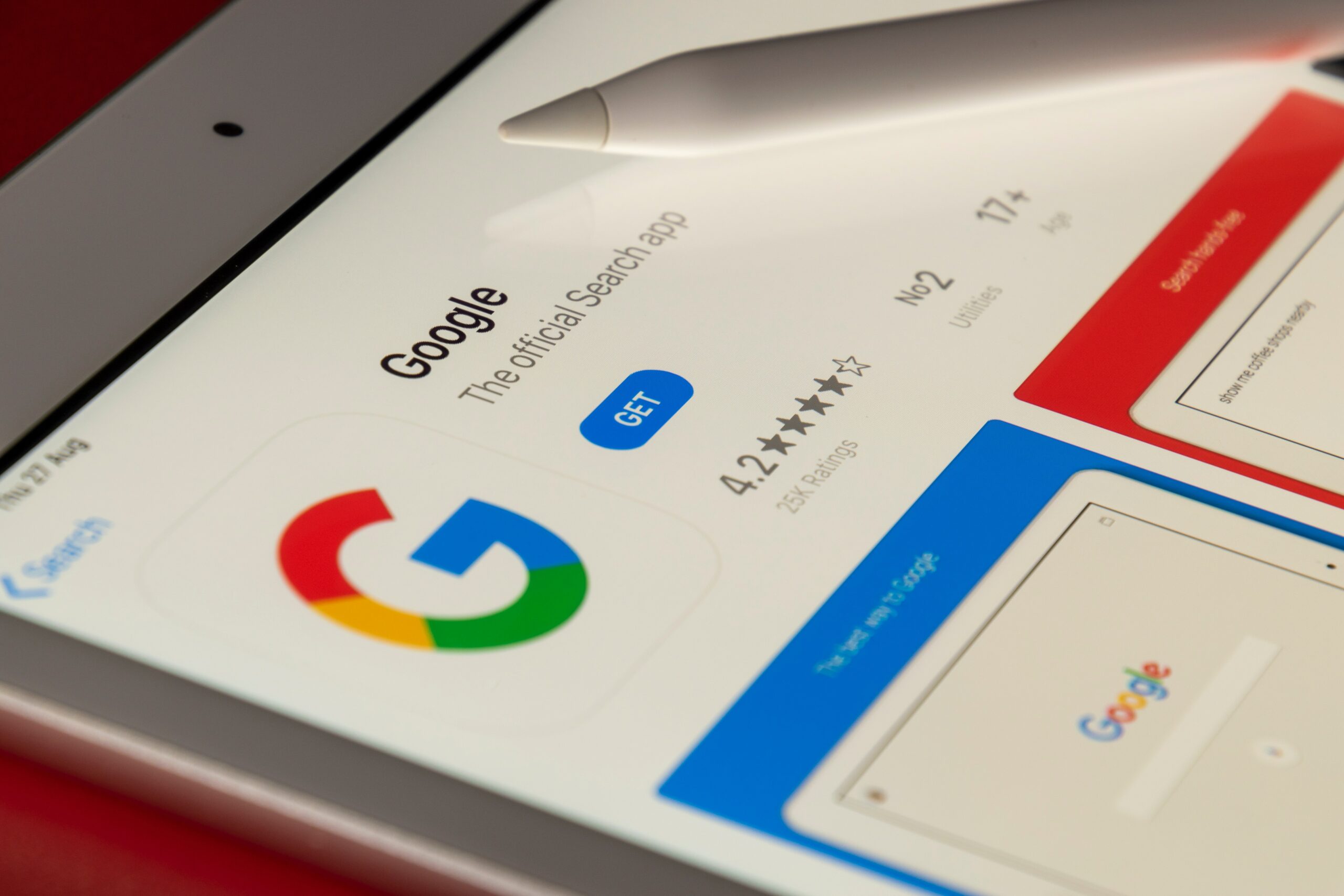So, you’ve created this amazing new product or brand and you’re sure people will be flocking to your store. Your doors have been open for 3 months and the sounds you hear in your store are of crickets instead of the cash register. Where are all your customers?
It might be that you launched your business without considering a local SEO strategy, so now, nobody knows about you.
Keyword research and onsite optimisation are essential for Local SEO success, as it helps your business to show up in the search results for relevant keywords that your potential customers are searching for. If you’re not convinced, maybe this stat will put it into perspective for you, ‘42% of local searches involve clicks on the Google Map Pack.’- source. In this article, we will provide a step-by-step guide for keyword research and optimisation to help improve your Local SEO.
Step 1: Identify Your Target Audience
The first step in keyword research is to identify your target audience. This means understanding who your customers are, what their needs and interests are, and what they are searching for. To do this, you can use tools like Google Analytics and customer surveys to gather information about your audience.
Step 2: Conduct Keyword Research
Once you have identified your target audience, the next step is to conduct keyword research. This involves finding relevant keywords that your target audience is searching for. There are several tools available to help with keyword research, including Google Keyword Planner, Ahrefs, and SEMrush.
When conducting keyword research, it is important to focus on both broad and long-tail keywords. Broad keywords are more general and have a higher search volume, while long-tail keywords are more specific and have a lower search volume.
For example, if you’re a restaurant in New York City, “restaurant” would be a broad keyword, while “best Italian restaurant in New York City” would be a long-tail keyword.
Step 3: Optimise Your Website
Once you have a list of relevant keywords, the next step is to optimise your website for those keywords. This involves incorporating the keywords into various elements of your website, including the title tags, meta descriptions, headings, and content.
It’s important to note that keyword stuffing (overuse of keywords) is considered as a negative practice for SEO, it’s better to use the keywords naturally and make sure to provide valuable content for the users.
Additionally, you should also optimise your website for local search by including your business name, address, and phone number (NAP) on your website and making sure that it is consistent with your Google My Business listing.
Step 4: Build Local Backlinks
Link building is an important aspect of Local SEO. Local backlinks are links from other websites that point to your website. These links can help to improve your visibility in local search results. You can build local backlinks by creating valuable content and reaching out to other local businesses and websites to ask for links.
Step 5: Track Your Results
Finally, it is important to track your results. You can use tools like Google Analytics and Google Search Console to track your website’s traffic and see how your keywords are performing. This will allow you to see which keywords are driving the most traffic and make adjustments as necessary.
Conclusion
Keyword research and optimisation are essential for Local SEO success. By following these steps and incorporating relevant keywords into your website and building local backlinks, you can improve your visibility in local search results and attract more customers to your business. Remember to track your results and make adjustments as needed to continue to improve your Local SEO.





